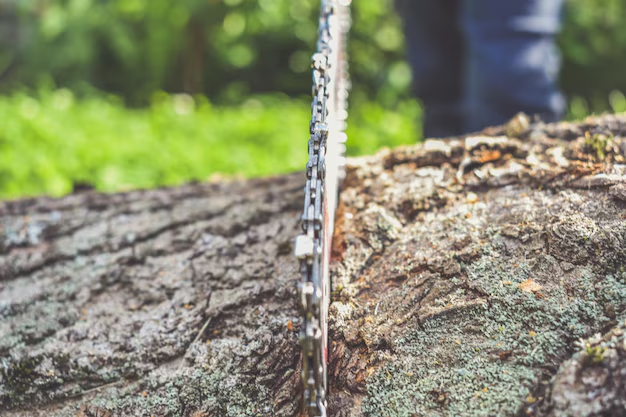Say Goodbye to Roof Moss: Expert Tips to Restore Your Roof's Health
Moss might look charming in a fairytale forest, but when it starts growing on your roof, it's a whole different story. This uninvited guest can trap moisture, leading to roof damage and costly repairs down the line. If you've spotted some green invaders on your roof, it's time to roll up your sleeves and tackle the issue head-on. Here’s a straightforward guide on how to remove moss from your roof effectively.
Why Remove Moss?
Moss might not seem harmful at first glance, but its spongy structure traps moisture, leading to mildew, shingle damage, and even roof rot. Not only does this undermine the integrity of your roof, it can also void warranties on certain roofing materials.
Essential Tools and Materials
Before starting, gather the right tools to make the process smooth and safe:
- Safety gear: Non-slip shoes, gloves, and eye protection
- A sturdy ladder
- A long-handled scrub brush with soft bristles
- Moss killer or homemade solution (50/50 water and bleach mix)
- Garden hose with a spray nozzle
Step-by-Step Moss Removal Process
1. Prioritize Safety First
Ensure your ladder is stable and resting on even ground. If you’re not comfortable working at heights, consider hiring a professional.
2. Prepare the Moss Killer Solution
If you’re using a commercial moss killer, follow the instructions on the label. For a homemade solution, mix equal parts water and bleach, then fill it into a garden sprayer.
3. Spray the Affected Areas
Carefully spray the moss-covered sections. Allow the solution to sit for at least 15-20 minutes. This soaking session will weaken the moss and kill the spores.
4. Scrub with Care
Gently scrub the roof’s surface in a downward motion to avoid lifting and damaging the shingles. Scrubbing too hard can wear down protective granules on the shingles.
5. Rinse and Inspect
Rinse the area thoroughly with the garden hose to remove any remaining moss residue. Post-cleaning, inspect your roof for any damage and address issues promptly.
6. Take Preventative Steps
Consider installing zinc or copper strips along the roof ridge. These metals are natural moss repellents and can help prevent future growth.
From Moss to Financial Relief: Explore Your Options!
Dealing with home maintenance expenses? You might be eligible for financial assistance to ease the burden. Here’s a look at some avenues you can explore:
- 🏠 Home Improvement Grants: Check if your local government offers grants to cover roofing repairs.
- 🎓 Educational Opportunities: Learn more about home maintenance with free online courses and workshops.
- 💳 Credit Solutions: Consider low-interest credit card options specifically designed for home repairs.
- 🛠️ DIY Financial Aid Programs: Some areas offer loans or subsidies for DIY home projects.
Ensuring your roof is moss-free not only protects your home but potentially increases its value. Meanwhile, exploring financial assistance and other educational resources can make home maintenance more manageable. Tackle that moss and keep your home in peak condition with these simple yet effective steps!

